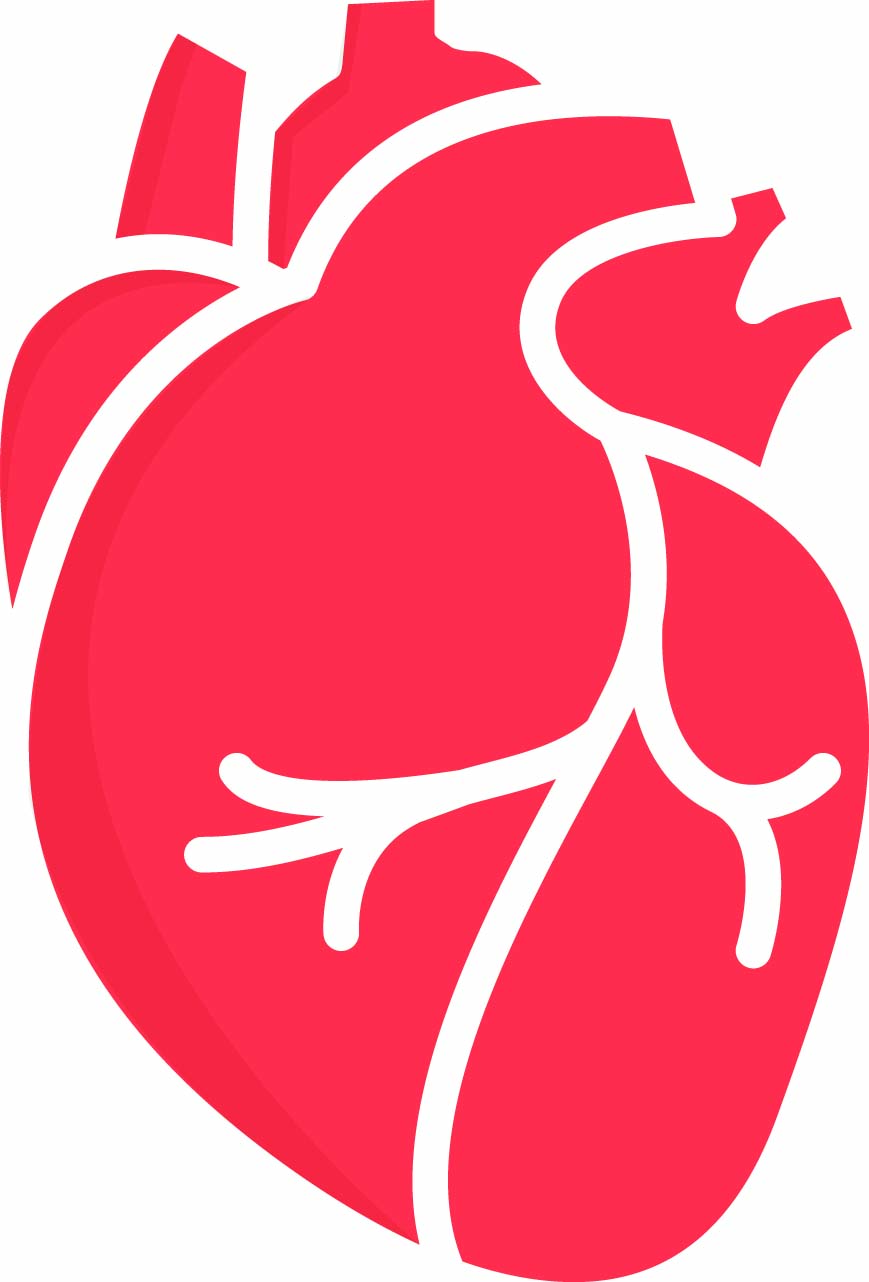Early heart attack care is crucial to stopping the damage a heart attack can cause. During a heart attack time=muscle. The faster you receive treatment for a heart attack the more muscle you save.
Our team of expert cardiologists has the knowledge and tools to ensure you get the treatment you need to save your life and your heart. In fact, CMC is ranked #1 in our market for Heart Attack Treatment by CareChex.
Did You Know Heart Attacks Have Beginnings?
- Like other diseases, heart attacks have early signs and symptoms
- These ‘beginnings’ occur in over 50% of patients
- However, if recognized in time, these ‘beginnings’ can be treated before the heart is damaged
- If you experience any of these symptoms, call 911 immediately.

Learn the Early Signs & Symptoms
Someone may experience any or all of these symptoms. When they start, they can be mild or come and go. Over time, the symptoms and pain increase until the victim collapses.
- Chest pressure, squeezing, aching or burning
- Feeling of fullness
- Pain that travels down one or both arms
- Jaw pain
- Excessive fatigue
- Anxiety
- Nausea or vomiting
- Back pain
- Shortness of breath
- Stomach pain
What Are The Risk Factors?
These are the general risk factors. Discuss your risk for a heart attack with your doctor.
- Family history of heart disease
- High blood pressure
- Overweight or obese
- Lack of physical activity
- Abnormal cholesterol and high triglycerides
- Metabolic disease, diabetes, or other illness
- Avid consumer of tobacco products
- For women it can also include birth control pills, a history of pre-eclampsia, gestational diabetes or having a low birth weight baby
How Can I Prevent A Heart Attack?
Lifestyle changes and breaking old habits can be hard. However, when your health is at risk, it’s never too late to make changes for the better. Living a healthier lifestyle is an excellent way to prevent a heart attack. See some of the small changes you can make below:
- Stop smoking
- Limit alcohol consumption
- Get support if feeling bored, scared or depressed
- Reduce stress
- Manage cholesterol levels
- Eat a heart-healthy diet
- Stay active and get regular exercise
What Are Atypical Presentations?
In an atypical presentation, the signs and symptoms are different. How? You may not notice or complain about pain or pressure in the chest. Be alert for the following:
- A sharp or “knife-like” pain that occurs with coughing or breathing.
- Pain that spreads above the jawbone or into the lower body.
- Difficult or labored breathing
Did You Know?
85% of heart damage occurs within the first two hours of a heart attack. EHAC is knowing the subtle danger signs of a heart attack and acting upon them immediately – BEFORE HEART DAMAGE OCCURS
What is the Difference? Men vs Women
Heart attack symptoms can be different between men and women. Why does it matter? Women are less likely to seek immediate medical care and are more likely to die.
- For both men and women, chest pain may occur anywhere in the chest
- Women may feel completely exhausted, drained, dizzy or nauseous.
- Women may feel upper back pain that travels up into their jaw.
- Women may think their stomach pain is the flu, heartburn or an ulcer.
The most common heart attack symptom is chest pressure, tightness, discomfort, sharpness, or pain.
What Should You Do?
- Follow up with your doctor. If you don’t have one, locate an office closest to you
- Ask your doctor to check your blood pressure and cholesterol
- Know your risk factors and speak with your physician about the best way to manage them
- Learn the early signs and symptoms of a heart attack
- Stay active and make healthy choices for you and your family
What Services Are Available?
CMC offers a variety of services, including those below, to help with your path to heart health:
Your Heart Team at CMC
Need a cardiology expert to help you live a heart-healthy life? Meet our team of providers.
